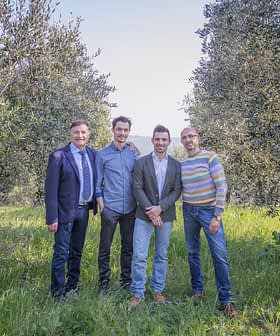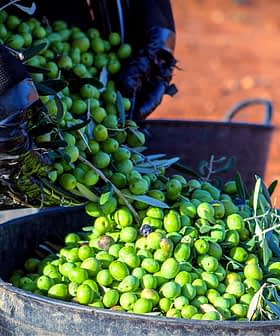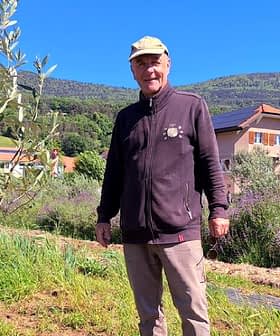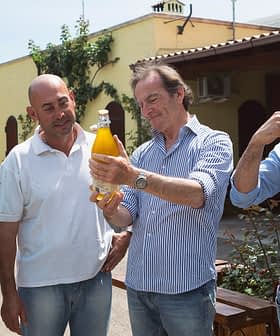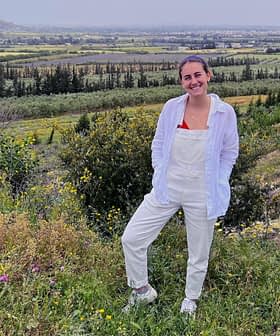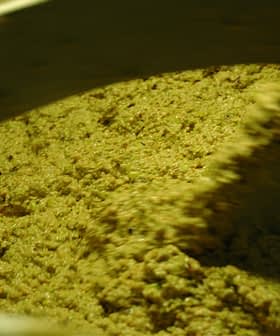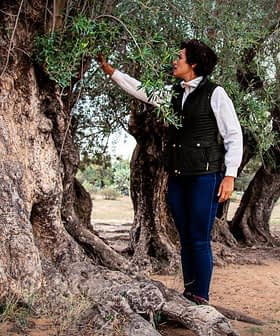Mavras Olive Oil Company Relies on Tradition, Terroir to Produce Quality Extra Virgin Olive Oil
The Mavras Olive Oil Company in Küçükkuyu, Turkey, produces high-quality extra virgin olive oil due to the unique climate and terroir of the region, four generations of experience, and the latest technology. The company focuses on maintaining the natural taste and quality of their olive oil by using preventive measures to avoid exposure to factors that could diminish the product’s quality, such as oxygen, plastic, sunlight, excess water, and high temperatures. Despite challenges from climate change and changing consumer behavior, the company remains committed to producing top-quality olive oil and continues to invest in the latest technology to reduce costs and increase quality.
In the mythological region of Küçükkuyu – nearby where Zeus watched the Battle of Troy unfold, according to legend – the Mavras Olive Oil Company produces award-winning extra virgin olive oil.
The combination of the unique climate and terroir of this part of Turkey’s northwestern Anatolian peninsula, four generations of experience working with olives and the latest technology has helped set the family company apart from a sea of competitors.
We have inherited more than 100 years of experience from our ancestors and then modified our production methods using the latest technology.
The Mavras Olive Oil Company is the reincarnation of an old family tradition. The brand name, Mavras, comes from the last names of the two founding families, who migrated to Turkey from Crete in 1934: Mavrazade and As.
“Our brand name is the trademark of a family who migrated from Crete to the town of Küçükkuyu, which is shaded by olive trees,” Melike As, the company’s CEO, told Olive Oil Times. “Our brand’s history is the story of a family who is passionately attached to olives and olive oil for four generations.”
See Also:Producer ProfilesAccording to As, the quality and unique essence of her company’s olive oil comes from the mature olive trees that grow at the foot of the oxygen-rich Ida Mountains.
“Besides the high levels of oxygen in this area, our trees face south and are protected from the extreme winds coming from the north,” As said. “Hence, our olives gain a unique flavor naturally during their development on these trees.”
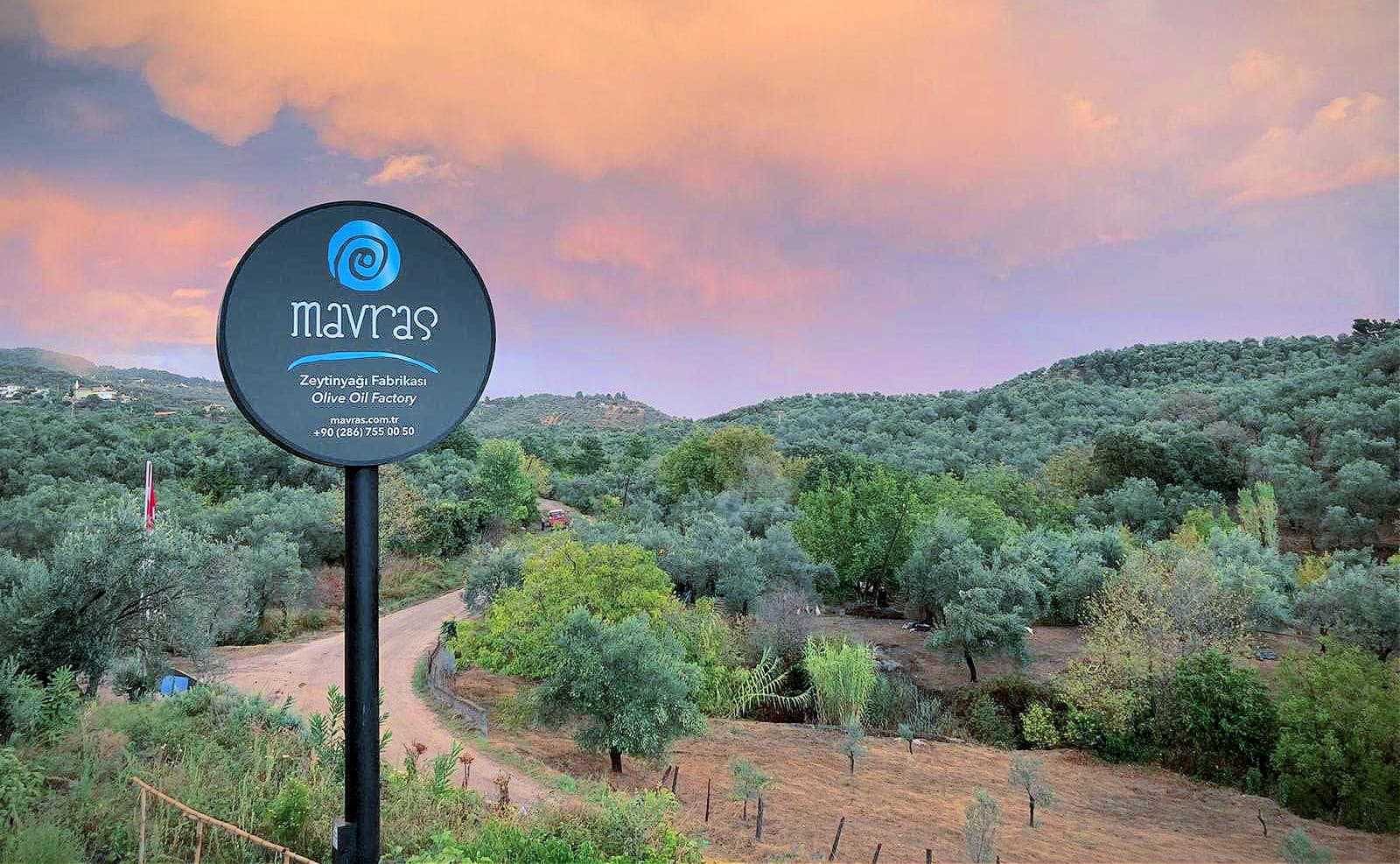
Photo: Mavras Olive Oil Company
“We have orchards where the trees are between 40 and 100 years old. The olives start growing every year in April and begin getting ripe in the middle of September,” she added. “We start harvesting in October and continue for about two months. The olives get ripe at different time periods due to the position of trees in the mountains, which makes a difference.”
Maintaining the natural taste and quality, from harvesting the olives to the production of olive oil, is a crucial component of the company’s vision. Extra care and preventive measures are taken to avoid exposing the olives and olive oil to anything that will spoil the quality.
See Also:The Best Olive Oils from Turkey“Olive oil is very sensitive to odor. If you pour it into a cup, put a slice of onion near the cup and leave them side by side for a while, the onion’s odor will be absorbed by olive oil,” As said. “That is why we never allow our olives and olive oil to touch anything but stainless steel and opaque glass.”
“The quality of olive oil will diminish if it will be exposed to any of these five things: oxygen, plastic, sunlight, excess water and temperatures above 24 ºC,” she added. “Hence, olives are cold extracted in our factory with no added water. The water that is inherent in the olives is also separated from olive oil by our centrifuge system, and then it is filtered.”
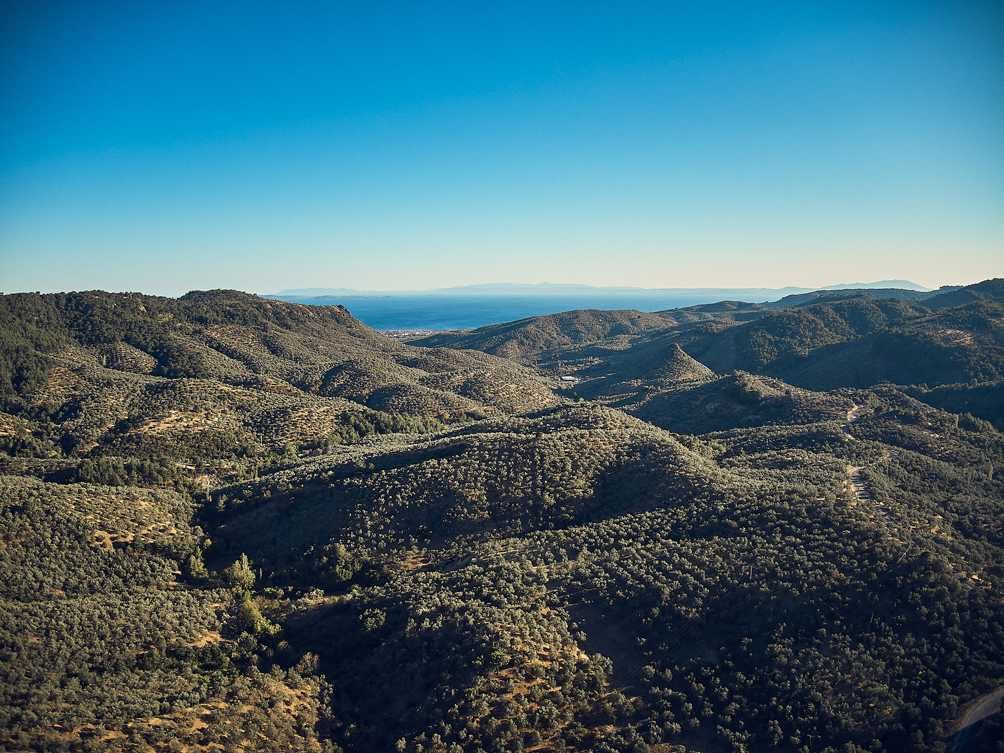
Photo: Mavras Olive Oil Company
After it is processed in the factory, the olive oil is stored in stainless steel tanks to preserve the quality and taste. For the same reason, opaque glass bottles or tin cans are used for packing when the final product is ready for distribution. Besides this, air-tight caps are used to avoid exposure of the olive oil to the air.
“Our olive oil, due to its unique flavor and purity is not only good in taste but high in health benefits as well,” As said. “Hence, our products are celebrated by the consumers.”
In the struggle to maintain profitability while producing high-quality extra virgin olive oil, As added that climate change continues to affect the olive harvest significantly and thus the production volume of olive oil.
After a hot and dry year in 2020, the Mavras Olive Oil Company experienced lower yields than initially expected, but As emphasized, the quality was as high as ever.
“We produced 200,000 liters of olive oil last year, and this time we hope to harvest 10,000 tons of olives to produce 2,000 tons of olive oil,” she said.
Olive oil production reached 210,000 tons in Turkey in the 2020/21 crop year. A combination of many producers entering an off-year coupled with extreme weather events led to production falling just below the rolling five-year average.
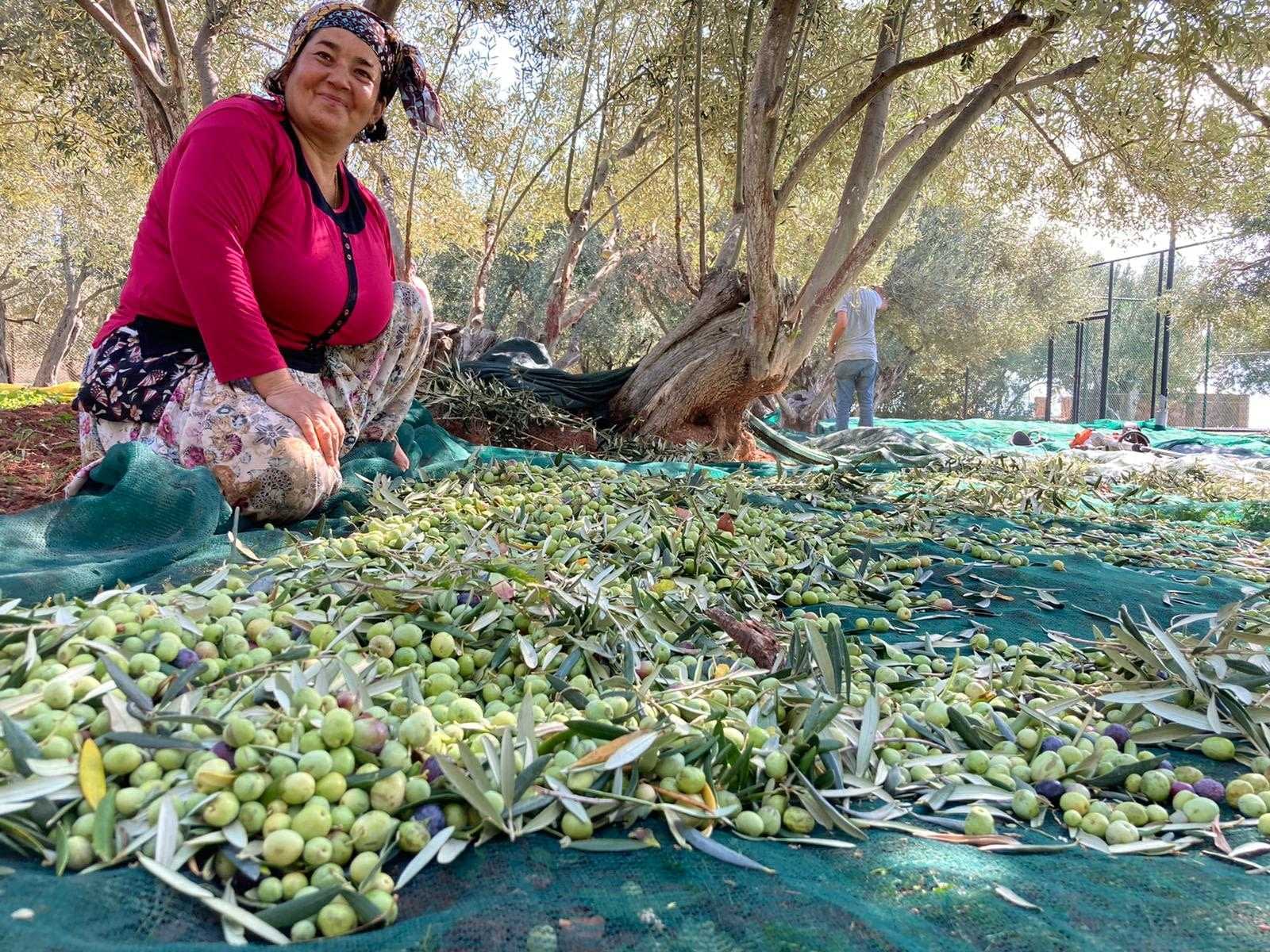
Photo: Mavras Olive Oil Company
Along with climate change, As said the Turkish olive industry is also vulnerable to changing consumer behavior and market trends, which further complicate the company’s efforts to produce the best possible olive oil blends each year.
According to shareholder Mehmet Betil, rising competition in the industry is one of the significant challenges faced by Turkish producers.
“World production of olive oil is increasing due to new players coming into the industry more frequently,” Betil said. “This increasing competition has also intensified the pressure on prices, which is forcing many producers to mix their olive oil with low-quality alternatives, such as very cheap canola oil, simply to reduce their cost of production and sell at a lower price.”
“Most of the price-conscious consumers have no idea about the quality of a high-standard olive oil, and they continue buying those low-quality products which have flooded the market and driven down the overall price level,” he added.
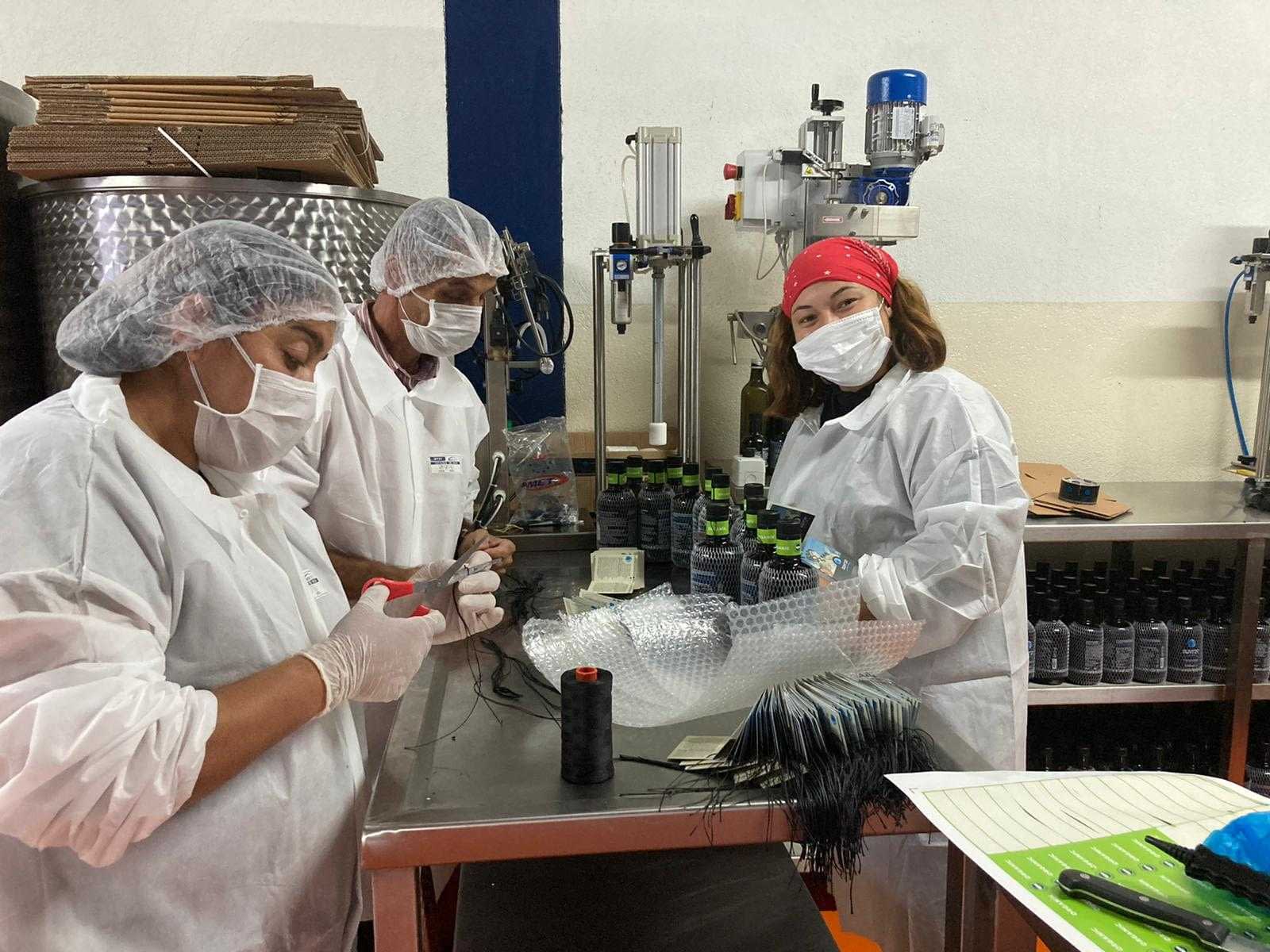
Photo: Mavras Olive Oil Company
“But we will keep producing the top-quality olive oil in our country and will continue taking part in the world’s most important olive oil competition, since quality matters the most for our brand,” Betil continued.
Part of the Mavras Olive Oil Company’s strategy to continue competing in the increasingly globalized olive oil market is to invest in the latest technology to reduce costs and increase quality.
The company’s latest investment was to install solar panels on its mill’s roof, which helps lower production costs and lowers its carbon footprint.
“Delicacy and quality of our olive oil is the result of extensive care and precautions which we use from harvesting of olives to packaging of our products,” Betil said. “We have inherited more than 100 years of experience from our ancestors and then modified our production methods using the latest technology.”
“Our products are CERES certified organic, which further validates their quality,” he concluded. “We think that it gives us an edge over competitors in the market and will help us to beat the competition.”


